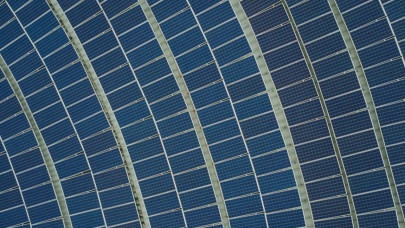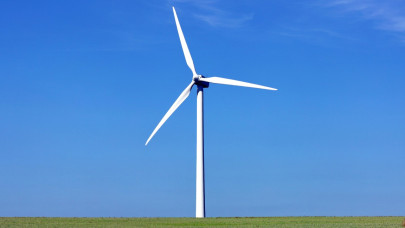At a meeting hosted by Japan, the G7 countries set the urgent need to reduce global GHG emissions by around 43 percent by 2030 and 60 percent by 2035 aligned to 1.5 degrees Celsius and in light of the most recent IPCC report.
But they stopped short of endorsing a 2030 deadline for phasing out coal that Canada and other members had pushed for. They left the door open for continued investment in gas, saying that sector could help address potential energy shortfalls.
On coal, the countries agreed to prioritize "concrete and timely steps" toward accelerating the phase-out of "domestic, unabated coal power generation," as a part of a commitment last year to achieve at least a "predominantly" decarbonized power sector by 2035.
They also agreed to accelerate "the phase-out of unabated fossil fuels" — the burning of fossil fuels without using technology to capture the resulting C02 emissions — to achieve net zero in energy systems by 2050 at the latest.
"In the midst of an unprecedented energy crisis, it's important to come up with measures to tackle climate change and promote energy security simultaneously," Japanese industry minister Yasutoshi Nishimura told a news conference.
They fell short of providing an update on the phase-out of "inefficient fossil fuel subsidies", which the group pledged to achieve by 2025.
"While acknowledging that there are diverse pathways to achieving carbon neutral, we agreed on the importance of aiming for a common goal toward 2050," he said.
G7 ministers finish two days of meetings on climate, energy, and environmental policy in the northern Japanese city of Sapporo on Sunday. Renewable fuel sources and energy security have taken on a new urgency following Russia's invasion of Ukraine.
They targeted 2040 to reduce additional plastic pollution to zero, bringing the target forward by a decade.
"Initially people thought that climate action and action on energy security potentially were in conflict. But discussions which we had and which are reflected in the communique are that they actually work together," said Jonathan Wilkinson, Canada's minister of natural resources.
In their communique, the members pledged to collectively increase offshore wind capacity by 150 GW by 2030 and solar capacity to more than 1 TW.














